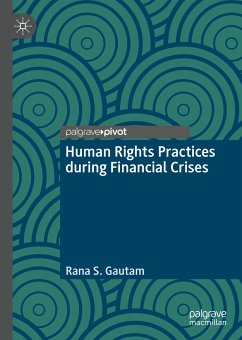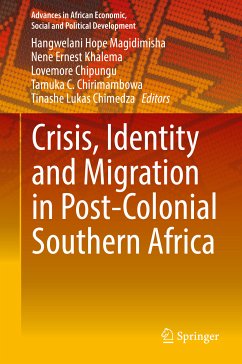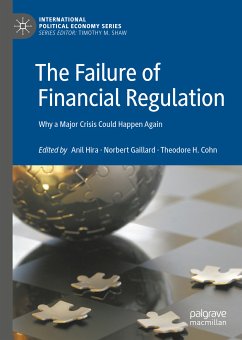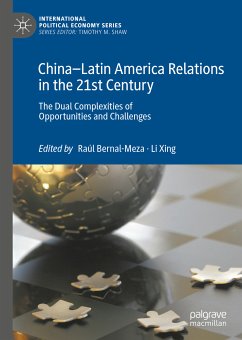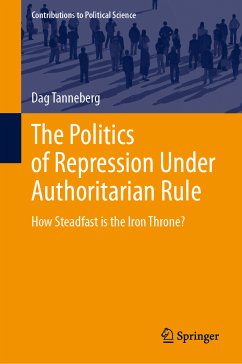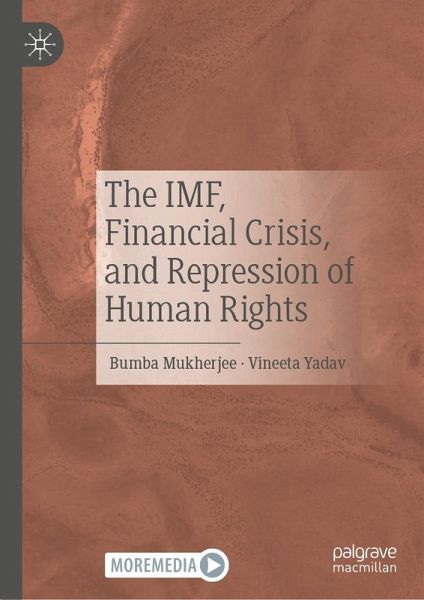
The IMF, Financial Crisis, and Repression of Human Rights (eBook, PDF)
Versandkostenfrei!
Sofort per Download lieferbar
96,95 €
inkl. MwSt.
Weitere Ausgaben:

PAYBACK Punkte
48 °P sammeln!
This book seeks to answer a number of key questions about the relationship between the IMF, developing states and the impact of financial crises on human rights abuses, including: Why do some but not other IMF-assisted developing states experience the joint outbreak of currency and sudden reversal crises under the Fund's program?; What are some of the short-term political ramifications of such crises?; Why do human rights violation by governments increase sharply in the wake of twin currency and sudden reversal crisis in some but not all crisis-affected countries?
Dieser Download kann aus rechtlichen Gründen nur mit Rechnungsadresse in A, B, BG, CY, CZ, D, DK, EW, E, FIN, F, GR, HR, H, IRL, I, LT, L, LR, M, NL, PL, P, R, S, SLO, SK ausgeliefert werden.




